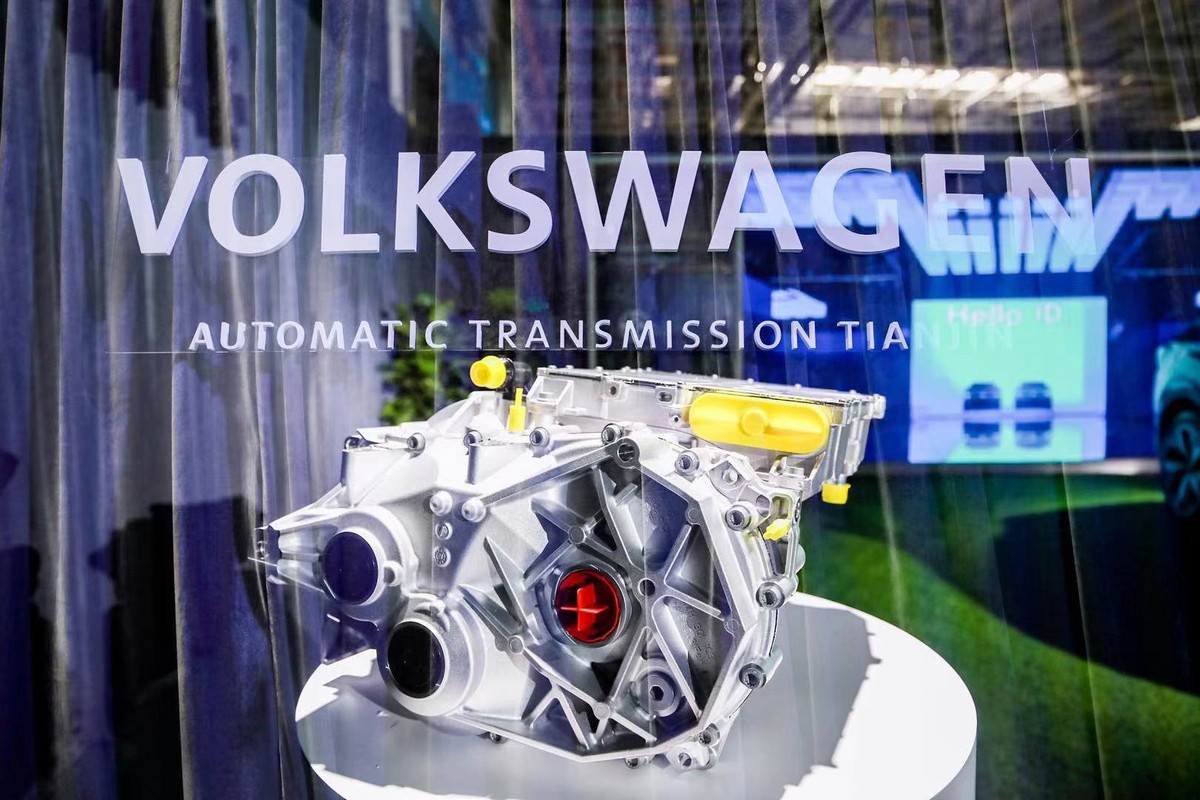Half of VW vehicles sold in China to be electric by 2030

Volkswagen, the namesake brand of the Volkswagen Group, expects half of its vehicles sold in China to be electric by 2030.
This is part of Volkswagen's strategy, called Accelerate, unveiled late Friday, which also highlights software integration and digital experience as core competencies.
China, which is the largest market for both the brand and the group, has been the world's largest market for electric cars and plug-in hybrids.
There were 5.5 million such vehicles on its roads by the end of 2020, according to statistics from the Ministry of Industry and Information Technology.
Last year, 2.85 million Volkswagen-branded vehicles were sold in China, accounting for 14 percent of total passenger vehicle sales in the country.
Volkswagen now has three electric cars in the market, with another two built on its dedicated electric car platform to follow soon this year.
The brand said it will unveil at least one electric vehicle every year to realize its new electrification goal.
In the United States, Volkswagen has the same target as in China, and in Europe it expects 70 percent of its sales by 2030 to be electric.
Volkswagen started its electrification strategy in 2016, one year after it admitted to cheating on diesel emissions in the United States.
It has earmarked around 16 billion euros ($19 billion) for investment in the future trends of e-mobility, hybridization and digitalization up to 2025.
"Of all the major manufacturers, Volkswagen has the best chance of winning the race," Volkswagen CEO Ralf Brandstaetter said.
"While competitors are still in the middle of the electric transformation, we are taking big steps toward digital transformation," he said.
Carmakers worldwide are pursuing zero-emission strategies to meet carbon dioxide emissions targets.
Last week, Swedish premium carmaker Volvo said it would become electric by 2030.
"There is no long-term future for cars with an internal combustion engine," said Henrik Green, Volvo's chief technology officer.
In February, Britain's Jaguar set a timetable to become fully electric by 2025. In January US automaker General Motors unveiled plans to have an all zero-emissions lineup by 2035.
Stellantis, the product of the merger between Fiat Chrysler and PSA, plans to have fully-electric or hybrid versions of all of its vehicles available in Europe by 2025.

